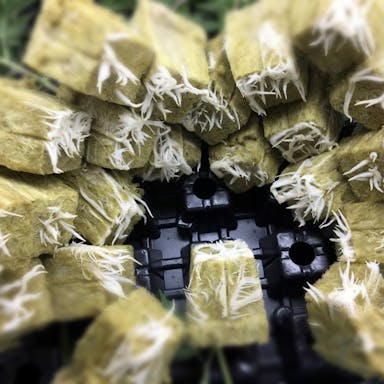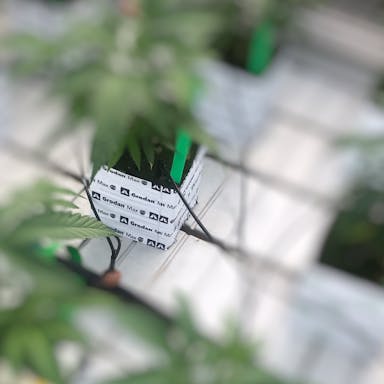What is EC?
Electrical conductivity or "EC" is a measure of the “total salts” concentration in the nutrient solution (drip, slab or drain).
It is expressed in milliSiemens per linear centimeter (mS/cm) or microSiemens per linear centimeter (mS/cm) where 1mS = 1000µS. The conductivity of a given solution can change with temperature for this reason most nutrient solution analysis is carried out at 20oC.
The higher the “total salts” concentration in a substrate the higher the EC. An EC will only be registered when inorganic ions are present in solution. Examples of inorganic fertiliser ions are N, P, K, Ca, Mg, etc. Urea, an organic molecule, will not contribute to the EC of a solution because it cannot conduct electricity the way a calcium (Ca) ion or a nitrate-nitrogen (NO3-N) ion can.
The required EC for optimum plant growth will depend on the crop and variety being grown the physiological stage of plant development and the prevailing environmental conditions both inside and outside the greenhouse.









